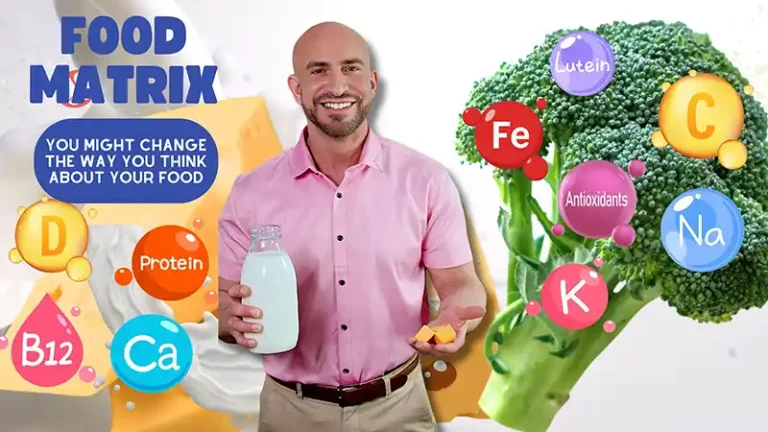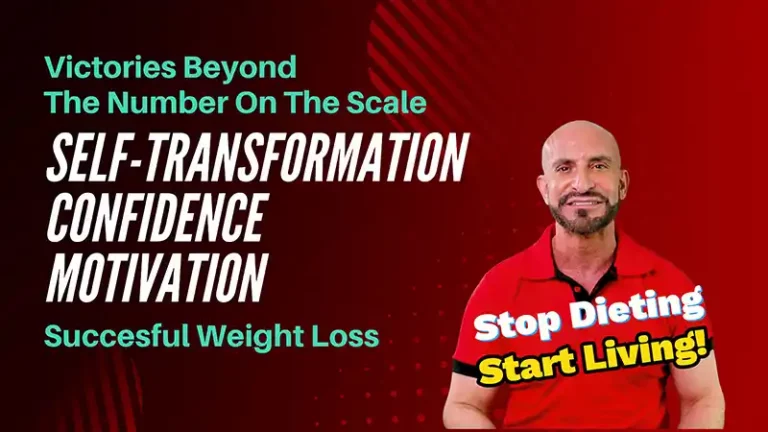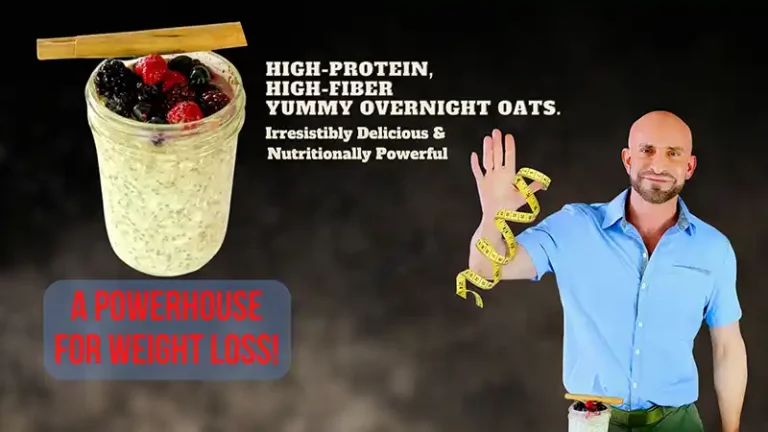I received compensation from Bayer Consumer Health, makers of Phillips’® Colon Health® to write this post. All opinions are entirely my own.
The gastrointestinal system is an organ system made up of a tract that begins in the mouth and ends at the colon. This system includes the esophagus, stomach, small and large intestine. The purpose of the gastrointestinal (or GI) tract is to break down food, digest and absorb nutrients for energy and nourishment of our bodies. Therefore, you can say this is one of the most vital organ systems we have and keeping it healthy and functioning properly is very important. What’s the best way to do this? You guessed it: our diet.
There are 10s of billions of bacteria in our bodies and most of them live in our GI tract. This population of bacteria is called the microbiome. Recently, scientists have been intrigued by the growing connection between the microbiome and human health. They may impact the immune system, inflammation, digestion, weight gain and much more. Each individual has a unique microbial composition just like a fingerprint, and it is determined by many factors such as stress, intestinal infections, poor hygiene, smoking, alcohol, medications and, as mentioned, your diet. Keeping this population of healthy bacteria plentiful and strong is critical to your intestinal health.
I have partnered with Bayer Consumer Health and Phillips’® Colon Health® ( https://www.phillipsdigestive.com/products/colon-health-probiotic-caps/) to provide you a guide to help you keep your gut healthy. So, what can you do to improve the population of good bacteria for a healthy gut?
Probiotics
Probiotics are beneficial bacteria that can improve the population of good bacteria in your GI tract. You may have seen food products advertised as having x amount of “probiotics” which means they contain these beneficial bacteria. Yes! You can and should eat bacteria, especially strains of Lactobacillus and Bifidobacterium which have been linked to various health benefits. These probiotics are found naturally in food, especially in fermented dairy products such as yogurts, aged cheeses and kefir. They are also found in non-dairy foods such as tofu, natto and tempeh. The fermentation process of vegetables enables the growth of the probiotics Lactobacillus and Bifidobacterium. Therefore, adding fermented vegetables to your diet will not only increase your probiotics, but also your vegetable intake. This is also a great way for vegans or people with lactose intolerance to get probiotics. Fermented vegetable products such as pickles, sauerkraut, kimchi and kombucha are great sources of probiotics.
Prebiotics
Now, you shouldn’t limit your intake to just probiotics. As humans, we need food to function. And just like us, probiotics need food to function and most importantly, multiply. This is where prebiotics come to play. Prebiotics are non-digestible fibers found in the good carbohydrates foods such as whole grains, legumes, fruits and vegetables. However, not all fibers are created equal as prebiotics must meet certain criteria. These fibers must be resistant to digestion and be able to be fermented by the bacteria in the intestine. There are many types of prebiotic fibers which are found specifically in asparagus, Jerusalem artichokes, leeks, jicama, onions, garlic, chicory root, yams, bananas, apples, oats and barley, among others.
Fiber Up
Fiber has always been good for your gut and health regardless of probiotics or prebiotics. So making sure we consume our soluble and insoluble fibers is key for good health and weight control. Soluble fiber is one of the foods that can help control your hunger by making you satisfied for longer periods time and therefore eating less. Soluble fiber is found in apples, oatmeal, beans, barley and brussel sprouts, among others. Insoluble fiber “cleans you up” and makes you regular, resulting in a healthy gut. These fibers are found in fruits, vegetables and whole grains.
Supplementation
As a registered dietitian, I always promote food first. When you eat food you are not only getting the probiotics and prebiotics, but also other nutrients like vitamins, minerals and phytonutrients.
But I also understand at times with our busy schedules and eating out too much you might not be getting all your probiotic needs through food. You may have also gone on a holiday trip and came back with some maldigestion. Therefore you might need to supplement to fill in the gaps when you cannot get access to probiotic foods.
Choosing the right supplement of probiotics is very important. I recommend Phillips’® Colon Health Probiotic because it has 3 types of specially selected probiotics that can help replenish good bacteria in the digestive system, including in the colon. It also can help defend against occasional digestive issues and support the health of your colon.
Phillips’® Colon Health promises 1.5 Billion CFU’s at time of expiry and contains both Lactobacillus and Bifidobacterium probiotics, the two most common types of bacteria found in probiotics. Both are similar to the beneficial bacteria that live naturally in your digestive tract.
Want to try Phillips’® Colon Health? Click here (https://www.phillipsdigestive.com/products/colon-health-probiotic-caps/) for a coupon to save $2 now!
Disclaimer: Manuel Villacorta, M.S., R.D., is a spokesperson/ambassador for Phillips® and is paid for services which include, but not limited to, photography, videography, recipe development, social media promotion and online contributions.
– “I only represent companies that I truly believe in their mission and love their products. I use them often myself as they are the best, nutritionally foods available. All the opinions expressed this article or video are my own” – Manuel Villacorta.







